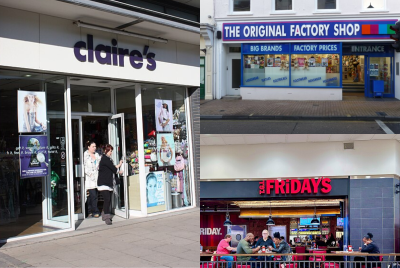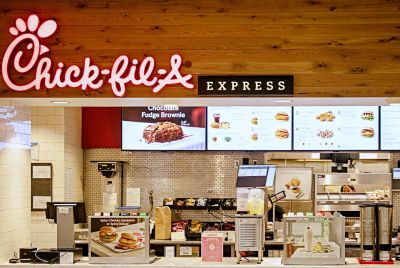Ford Owners, Check Your Brakes: Carmaker Recalls 500,000 Vehicles Due to Brake Fluid Leak

American car maker Ford is facing yet another massive recall – this time announcing a recall of more than 500,000 vehicles due to a defect in the rear brake hose, which may rupture and cause brake fluid to leak, potentially increasing the distance required for the car to stop.
This is the latest recall from the carmaker, which has seen more recalls this year than any other brand, according to data from the National Highway Traffic Safety Administration (NHTSA).
What's In This Latest Ford Recall?
According to the NHTSA, the recall primarily impacts 2015–2018 Ford Edge SUVs and 2016–2018 Lincoln MKX models. Subsequent filings note that, although only an estimated 1% of vehicles may be affected by the defect, the safety implications are significant.
Ford will notify owners beginning in September 2025, with a complete remedy expected by April 2026. Interim safety guidance will be provided until repairs are available.
Should your vehicles be impacted, drivers may experience differences in how the brake pedal feels and how far it travels, resulting in longer stopping times. If the brake fluid level in the master cylinder reservoir drops significantly, the brake warning light on the dashboard is expected to illuminate, according to Car and Driver.
A Worrying Slew of Recalls
Ford has been at the centre of multiple vehicle recalls in recent months, as it enacted several high-profile recalls earlier this summer, impacting a wide range of cars.
Just a few days ago, Ford recently recalled roughly 355,656 F-Series pickup trucks—including 2025 F-150s and 2025–2026 Super Duty models—due to a software bug in the instrument panel cluster that may cause the dashboard to remain blank at startup, concealing speed or warning lights.
Meanwhile, over 103,000 F-150s from model years 2023–2025, equipped with the Trailer Tow Max Duty package, were recalled because a rear axle hub defect could cause spline failure, potentially leading to a loss of drive or an increased risk of rollaway.
Additionally, Ford recalled 694,271 SUVs (Bronco Sport, 2021–2024, and Escape, 2020–2022) due to cracked fuel injectors that could leak and ignite under-hood fires. A temporary software solution was deployed while a permanent fix is being developed.
How Ford's Recalls Stand Out From Other Carmakers
In the first half of 2025, Ford issued a record-breaking 94 recalls, accounting for 39% of all safety recalls filed in the US—far surpassing any other automaker. These campaigns affected over 6.3 million vehicles, compared to GM's 919,000 and Honda's 795,000.
In Q2 alone, Ford led the industry again, with 49 recalls impacting over 3.3 million vehicles—nearly half of the total affected vehicles in that quarter. These figures underscore Ford's outsized share of recall activity this year, reflecting both the scale of its operations and its aggressive stance on identifying and resolving safety issues.
Still Making Positive Waves
Despite these constant recalls, Ford's shares recently climbed to a 52-week high, reaching approximately $11.98 (£8.87), before settling just under at $11.97 (£8.86), signalling renewed investor confidence in the automaker's market outlook.
Despite this peak, technical analysts remain cautious, highlighting bearish indicators and mixed sentiment, which suggests that, while fundamentals such as substantial operating cash flow persist, momentum may be fragile.
Furthermore, Ford's financial performance has been weighed down by escalating recall-related costs: a $600 million (£444.02 million) charge for fuel injectors, plus an $800 million (£592.03 million) increase in warranty expenses in Q2. These pressures have, at times, dampened the stock's upward trajectory.
This contrast highlights the complex balance between operational hurdles and investor optimism, as Ford works to reinforce consumer trust while navigating one of its most turbulent recall years on record.
What To Do Now
- Check your VIN on the official recall portals.
- Watch for a mailed notice if your vehicle is in the US population.
- If you notice longer pedal travel or a brake warning light, contact a dealer immediately and follow the manufacturer's guidance.
© Copyright IBTimes 2025. All rights reserved.




















